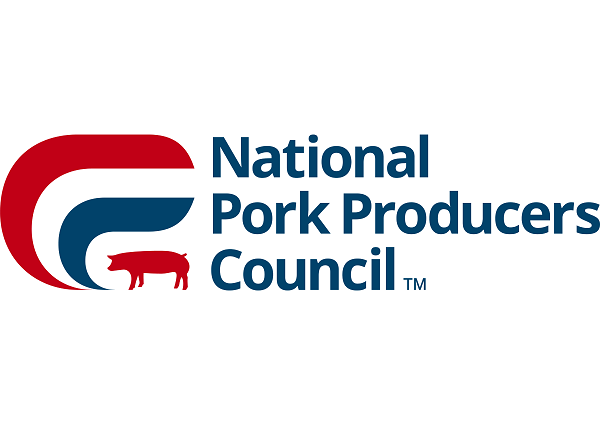

What happened: In written testimony submitted for the record, NPPC urged the U.S. Senate Finance Committee to renew U.S. trade preference programs, which the pork industry had long used as a mechanism to provide leverage during market access requests. The committee held a hearing on the programs on June 5.
NPPC focused its testimony on the U.S. Generalized System of Preferences (GSP) and the African Growth and Opportunity Act (AGOA), which give imports from eligible countries duty-free access to the United States. As a condition of eligibility, beneficiary nations must give U.S. products “reasonable and equitable” access to their markets. GSP expired at the end of 2020, and AGOA expires in 2025.
GSP, primarily granted to developing countries, is an important tool used by U.S. trade negotiators to persuade nations to eliminate trade barriers and open their markets to U.S. goods. NPPC supports legislation (H.R. 7986), sponsored by Rep. Adrian Smith (R-NE), to renew the program through Dec. 31, 2030. His bill enhances enforcement mechanisms requiring GSP beneficiary countries to provide open and equitable market access for U.S. agriculture, including adopting science-based standards.
Similar to GSP, AGOA gives sub-Saharan African countries duty-free access to the United States and helps expand U.S. trade and investment in the region, stimulate economic growth, and facilitate sub-Saharan Africa’s integration into the global economy.
NPPC’s take: NPPC supports the program renewal and highlighted South Africa and Nigeria as two examples of beneficiary countries that limit market access for U.S. pork. Specifically, they impose ongoing “unwarranted, non-scientific” restrictions on U.S. pork, severely limiting exports to both countries. NPPC recently submitted comments to the Office of the U.S. Trade Representative, urging it to withhold AGOA benefits for South Africa and Nigeria.
NPPC also called on lawmakers to renew the Miscellaneous Tariff Bill (MTB), which temporarily reduces or eliminates U.S. tariffs on products not available in the United States but needed by U.S. producers. Although not a trade preference program, the MTB supports U.S. exports. It expired in December 2020.
Why it matters: Gaining and expanding access to markets around the world is paramount to the growth of the U.S. pork industry. Exports contribute significantly to producers’ bottom line, accounting for more than 25% of U.S. pork production. In 2023, the industry sent more than 2.9 million metric tons valued at $8.16 billion — a record — to more than 100 nations, equating to about $64 in value on average from each hog marketed last year.




